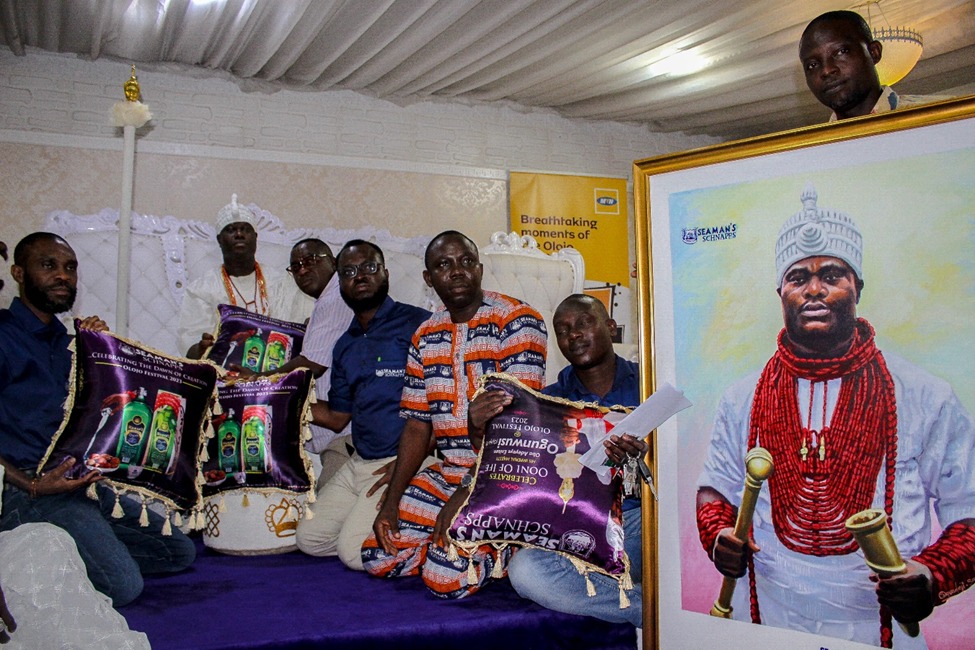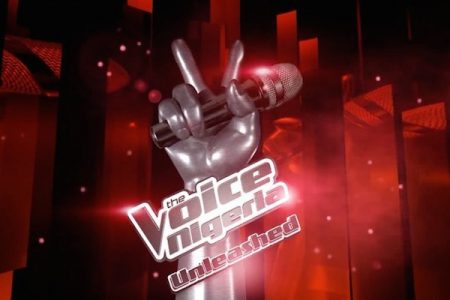By Elizabeth Olagunju
As the 2023 elections loom, different electoral activities have begun. It is almost palpable that another election season is upon us. Several contenders have signified their intention to vie for the office of President. And others will still join. A lot of political positioning is already taking place in preparation for a new electioneering season with the same electoral activities, same electioneering process but slightly different candidates and political platforms.
The general elections may be scheduled for February 2023 but political activities have begun to acquire traction as political players begin to warm up for campaigns to sell their candidature to electorates, albeit the ban on political campaigns is yet in place. All the same, the polity is rife with news of politicians decamping to join another party or moving from camp to camp in search of political relevance and acceptability. Party rivalries between the APC and the PDP have worsened, and banditry, kidnapping, and farmer-herder conflicts have continued to wreak havoc on the federal-states relationship and national security.
The recent declaration by Asiwaju Bola Ahmed Tinubu, former Governor of Lagos State and Leader of the APC to run for the Presidency has been catalytic. Mixed reactions have continued to pour in both in support and against a Tinubu presidency.
Political experts predict that the political environment will be turbulent and toxic all through to the elections and possibly beyond. There is a palpable disconnect between the government in its entirety and the people. Sensing this, one of the presidential candidates, Dr. Kingsley Moghalu described the forthcoming election as the “make or mar election for Nigeria.”
It is instructive that discussions about who succeeds President Muhammadu Buhari are dominated by religious and ethnic sentiments. We hear things like, ‘it is the turn of Christians to produce the president’, ‘presidency should be zoned to the south/south east’, and ‘we don’t want Muslim/Muslim ticket.’ The remark by Nonso Nnamani, the National Coordinator of New Tribe: “We are not seeking for a president for the South East, North East, or South-South, but a president for the Federal Republic of Nigeria,” speaks to the heart of the matter. This is quite sad as it has jettisoned competence in shopping for the candidate for the most important job in the country.
The Nigerian media has been celebrated as one of the most dynamic in Africa. The media has been at the forefront of fighting for the people right from the pre-independence era. Even in post-independence Nigeria, the media is about the only institution that has been truly the people’s refuge and advocate. Thus, it is a good reference case for the importance of the media in politics and democracy. The Nigerian story has demonstrated that democracy and journalism are inextricably linked. Without the media, that is, a free and dynamic media, democracy cannot thrive.
At this critical juncture in the annals of Nigeria however, the media, more than ever before, need to maintain a vigilant watch on Nigeria’s democracy. Beyond the watchdog role, the media must set the agenda for 2023. Nigerians must be made to understand the imperative of competence, integrity, inclusiveness, the rule of law, proper structuring of the country, people-centrism, and good governance. These qualities and attributes must be what we look for as we shop for a president in 2023. The media should assist the nation to rise above parochial and selfish interests, the sorts that have taken us to this sorry state in our national development. The print, broadcast, radio, and television; and even the unregulated social media should take this as a national assignment so that 2023 will make, rather than mar us as a nation.






Comment
No comments found.